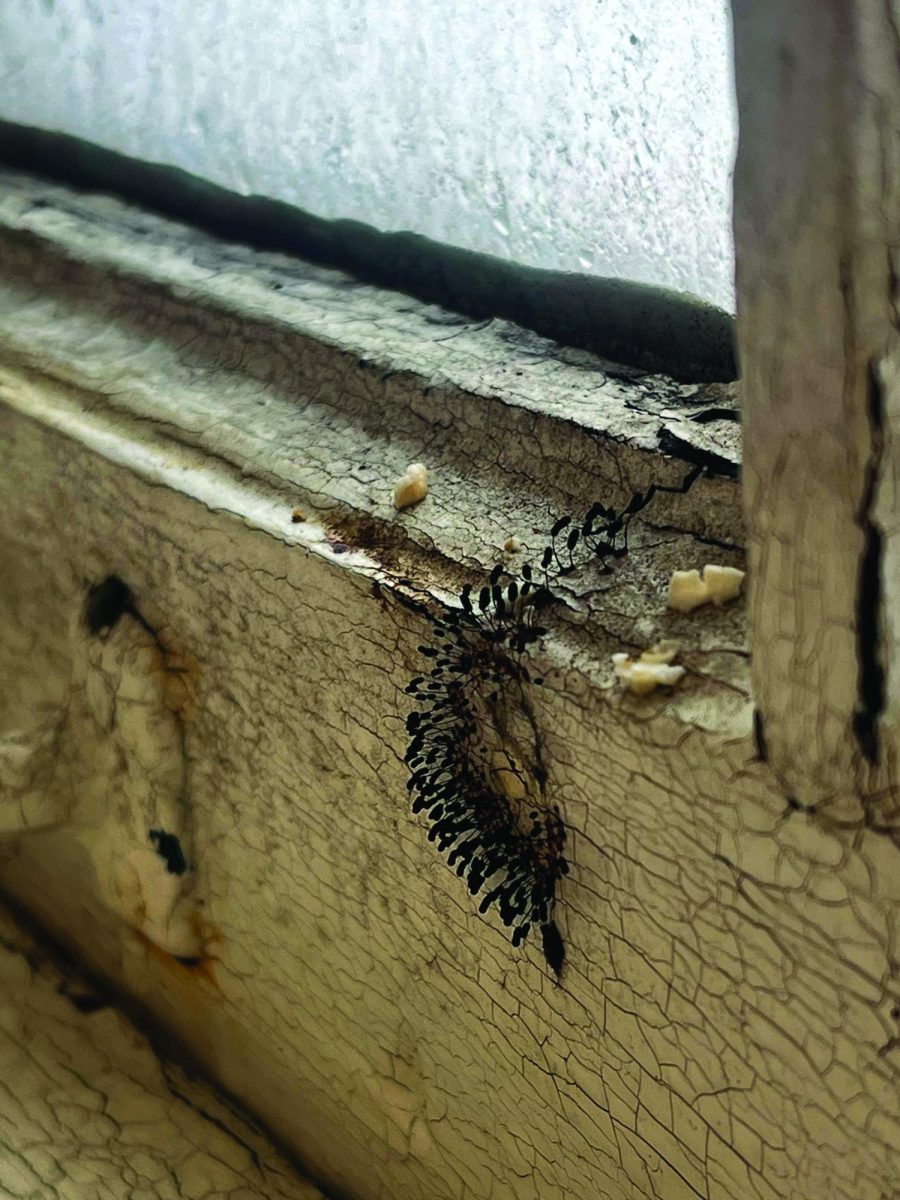By DAN BAUER
[email protected]
Allegheny College received an A- on GreenReportCard.org’s College Sustainability Report Card this year, an improvement from last year’s B+.
The report card considered everything from recycling efforts to green investment transparency to student involvement in college sustainability.
Allegheny did not receive a grade lower than a B in any category in which it was rated.
“I am very pleased by the report findings, and extremely proud of everyone at Allegheny for their continued efforts on behalf of environmental sustainability,” said President James Mullen.
Kelly Boulton, Allegheny’s Sustainability Coordinator, indicated that the boosted grade came from the college’s “comprehensive approach” to sustainability.
“We’ve been developing a good green cleaning program, we have started working with Computing Services to look at the types of computers we’ve been purchasing,” Boulton said. “We actually have a commitment on campus that any new building will be built to LEED [Leadership in Energy and Environmental Design] Silver standards.”
Currently, North Village Phase One is the only building on campus that is LEED Certified. North Village Phase Two is close behind.
“We just recently submitted the final application [for North Village Phase Two],” Boulton said. “We’re expecting and we’ve been shooting for LEED Silver.”
Boulton was also quick to praise the student body for the bolstered grade as well.
“Students have been increasingly getting involved in doing more things,” she said. “I think the fact that students have been really engaged in the past year helped.”
On the student level, the creation of a “green” Living Learning Community in Allegheny Hall also helped improve the college’s score.
“Small things help the big picture,” said Rachel Willis, ’12, an RA at Allegheny Hall and Allegheny Student Government’s Director of Sustainability and Environmental Affairs. “We put in gardens in order to eat locally, drying racks and low-flow toilets.”
Willis pointed to Allegheny Hall’s 42 percent drop in energy consumption in October’s Energy Challenge as proof of the building’s commitment to sustainability, but she was not without suggestions for next year.
“There has to be a selected person in each department for sustainability,” Willis said. “That person would increase awareness about sustainability on campus.”
Kritika Kapadia, ’11, an Eco-Rep, had further criticism.
“There needs to be more dialogue and collaboration between the administration and students,” Kapadia said. “For instance, where is the college investing its money, and with what companies?”
Kapadia was not without praise, however.
“I think in the areas we have gotten an A in, we have certainly done a lot of work,” Kapadia said. “This report is a great way to get back on track and be reminded about some things we need to do.”
Boulton, however, took the report card with a grain of salt.
“Rating systems are tricky,” Boulton said. “On one hand they’re really great and I think it’s a good way for us to kind of step back and take a snapshot of where we are at and what we’ve accomplished in a year. But at the same time, I try to keep in mind that the people who give out these grades have never set foot on campus. It’s a little bit funny.”



